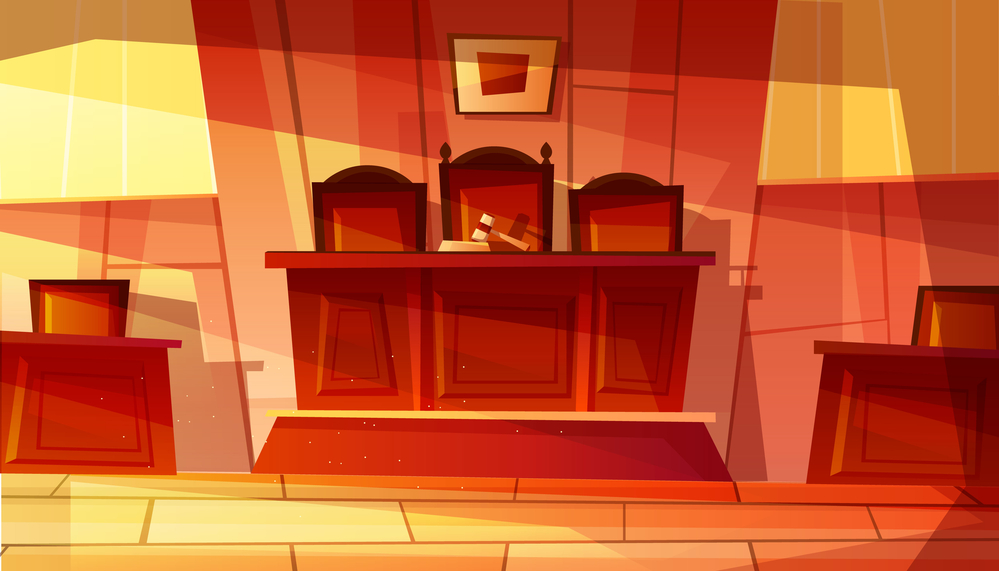What to do if accused of assault UKWhat to do if accused of assault UK
The first thing to do if facing a serious assault charge Scotland is to seek legal advice from a criminal lawyer.
You should also take the time to research and understand the charges that are against you and the process that you will have to go through if the case progresses.
Assault is a very serious allegation to face, with a maximum sentence of many years imprisonment so it is crucial that you take the situation seriously. It is also a term that actually refers to a number of different specific charges but in general can be defined as an action that inflicts intentional or reckless harm to another person.
In the UK, there are 4 main types of assault that you can be charged with depending on the severity of the harm that is done to the victim and the motivation behind the incident.

These are:
Battery
The most minor of physical assault charges, often brought alongside common assault charges. The distinguishing factor between the two is that if a person believes that they may be under threat of harm they can be considered a victim of common assault, whilst physical harm is required for a charge of battery.
Common assault
Common assault is, as you can probably guess, the most common type of assault charge in the UK. This is no surprise as there doesn’t even ned to be physical contact for an assault charge to be levelled and merely the threat of harm could result in a conviction. As such, the potential penalties for a common assault conviction are less severe that with ABH or GBH charges. That said, custodial sentences are still possible, with a maximum potential sentence of one year’s imprisonment.
Actual Bodily Harm (ABH)
ABH covers assaults causing injuries that are more severe that battery but less permanent that GBH. The amount of harm that the perpetrator intended to do is irrelevant to ABH charges. As long as they intended to do unlawful harm the extent of the injury and not the intent will be the important factor in ABH cases.
For example, punching someone who falls and hits their head on a curb could be adjudged as just as serious an assault as hitting someone’s head on a curb intentionally. There are extremely serious potential penalties for people who are charged with ABH even if the injuries sustained were accidental, with an unlimited fine or a 5 year prison sentence the maximum sentence available if the case is heard in a crown court.
Grievous Bodily harm (GBH)
The most serious of all assault charges and the one that carries a maximum sentence of life imprisonment. These cases can only be heard in the crown court and if you are charged with a section 18 GBH offence and the victim later dies of the injuries that they sustained, the charges can be increased to man slaughter or even murder.
Injuries that constitute harm serious enough to be classed as GBH include stab wounds, injuries inflicted with another weapon, and even psychiatric injury. Being accused or charged with GBH is an extremely serious situation and it is absolutely vital to seek immediate legal representation. It is no exaggeration to say that choosing the right lawyer to represent you at this stage is a decision that will have major consequences for your future.
Things to do IMMEDIATELY when charged with assault
The instant that you are charged with an assault offence seek legal advice from a criminal defence solicitor highly trained in assault and battery cases. In fact, if you think there is the smallest chance that you may be accused or charged in the future, based on recent events or threats against you, get in touch with a lawyer or at least research some lawyers in your area who might be suitable.

Being naive and assuming that you won’t actually be charged could leave you unprepared when the worst happens and put you on the back foot from the very start.
Never speak to the police without your solicitor in the room with you and make sure to gather as much evidence as possible about the case. Emails, texts, photos, videos; anything that might be relevant to the events in question should be retained and given to your lawyer so that they can begin to build your defence. You should also make a list of any possible witnesses and put your lawyer in touch with them.
NEVER attempt to conceal evidence or withhold it, either because you think it may incriminate you or because you are embarrassed. This is not only illegal but if the evidence comes out later on in the case you will be putting your lawyer at a disadvantage and could compromise your own case.